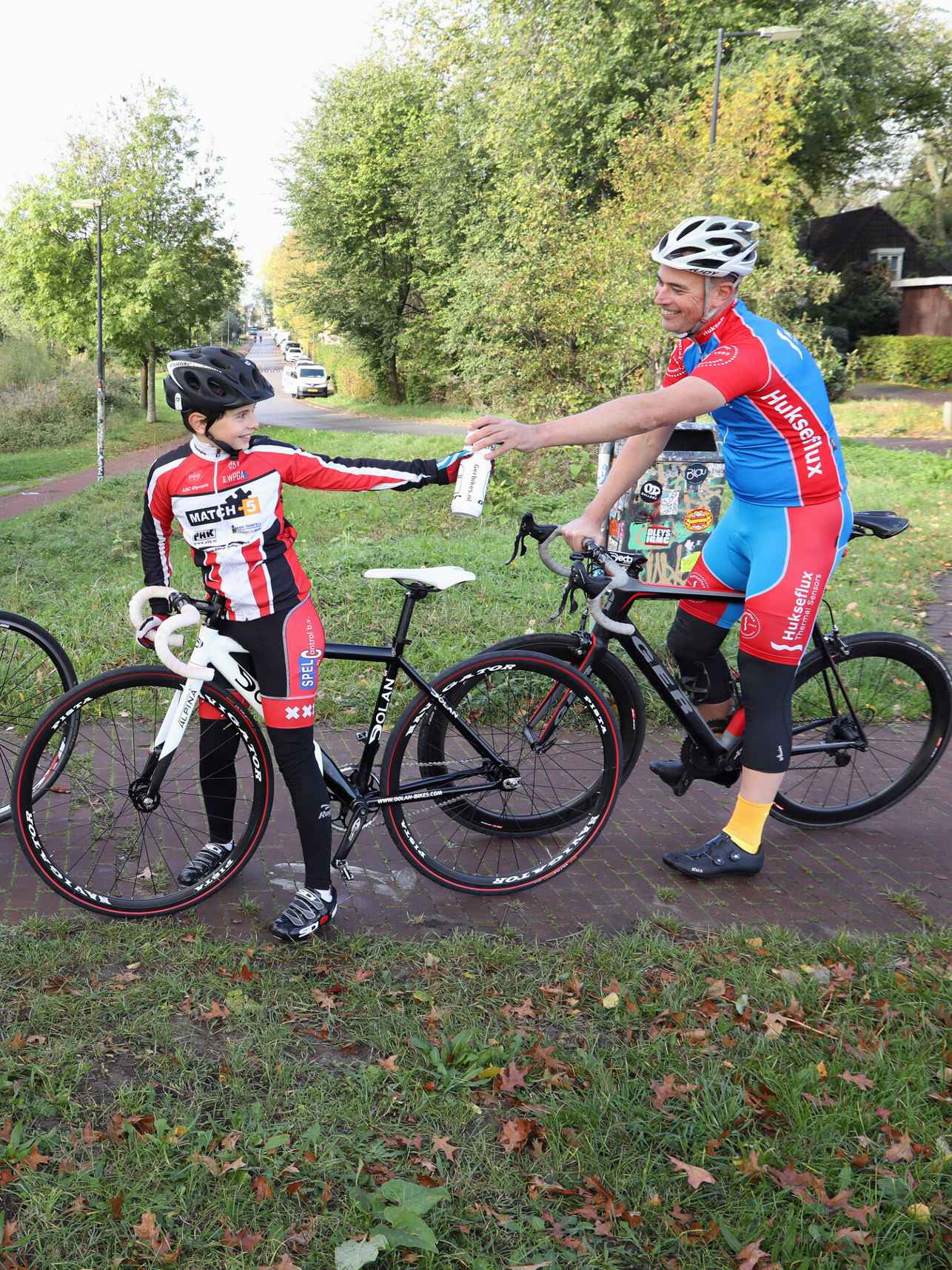Centre of Expertise Urban Vitality
Centre of ExpertiseCollaborating with residents, students, researchers, and organisations for a healthy Amsterdam.
A vital Amsterdam for everybody
Amsterdam faces significant challenges. Many residents live with multiple illnesses simultaneously, the population is ageing, and the ‘health gap’ is widening: highly educated residents live longer and healthier lives than those with lower education and income. Within the Centre of Expertise Urban Vitality, lecturers, researchers, and students collaborate with professionals, community organisations, local governments, and residents to tackle these challenges to make vitality accessible to all.
What we do

Work with us
Become part of our network
- Mischa Schönenberger (programme manager)
- urbanvitality@hva.nl(opens in new window)